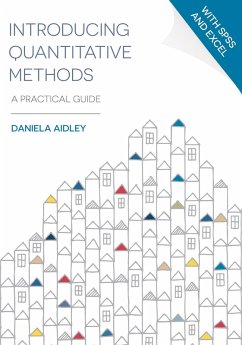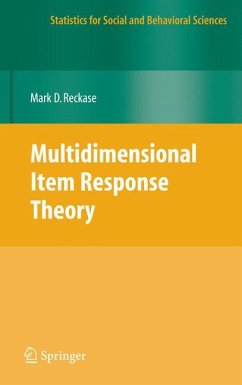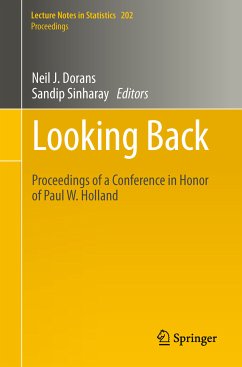
Quantifying Theory: Pierre Bourdieu (eBook, PDF)
Versandkostenfrei!
Sofort per Download lieferbar
96,95 €
inkl. MwSt.
Weitere Ausgaben:

PAYBACK Punkte
48 °P sammeln!
Pierre Bourdieu's contributions to the theory and practice of social research are far reaching. Possibly the most prominent sociologist in recent times, his work has touched on a myriad of topics and has influenced scholars in multiple disciplines. Throughout Bourdieu's work, emphasis is placed on the linkage between the practice of social research and its relationship to social theory. This book honours Bourdieu's commitment to the inextricable relationship between social theory and research in social science. In this volume, authors from all over the world utilize key concepts coined by Bour...
Pierre Bourdieu's contributions to the theory and practice of social research are far reaching. Possibly the most prominent sociologist in recent times, his work has touched on a myriad of topics and has influenced scholars in multiple disciplines. Throughout Bourdieu's work, emphasis is placed on the linkage between the practice of social research and its relationship to social theory. This book honours Bourdieu's commitment to the inextricable relationship between social theory and research in social science. In this volume, authors from all over the world utilize key concepts coined by Bourdieu, specifically his concept of capitals, habitus, and the field, and attempt to test them using quantitative survey data.
The focus of this volume is how researchers can take key elements of Bourdieu's work and apply them to the analysis of quantitative data on a variety of topics. Throughout the volume, issues of the possible interpretations of concepts and measurement validity are focused upon in a language that can be appreciated by new and experienced researchers alike. This volume is useful for courses where the linkage between theory and research is emphasized, at both the upper undergraduate and general postgraduate level. In addition to serving as a teaching tool, the articles within the volume will be invaluable to any scholar interested in working with Bourdieu's concepts in quantitative research.
The focus of this volume is how researchers can take key elements of Bourdieu's work and apply them to the analysis of quantitative data on a variety of topics. Throughout the volume, issues of the possible interpretations of concepts and measurement validity are focused upon in a language that can be appreciated by new and experienced researchers alike. This volume is useful for courses where the linkage between theory and research is emphasized, at both the upper undergraduate and general postgraduate level. In addition to serving as a teaching tool, the articles within the volume will be invaluable to any scholar interested in working with Bourdieu's concepts in quantitative research.
Dieser Download kann aus rechtlichen Gründen nur mit Rechnungsadresse in A, B, BG, CY, CZ, D, DK, EW, E, FIN, F, GR, HR, H, IRL, I, LT, L, LR, M, NL, PL, P, R, S, SLO, SK ausgeliefert werden.













